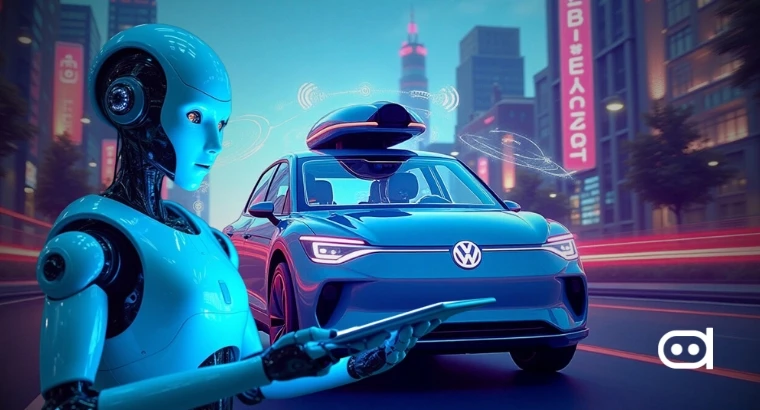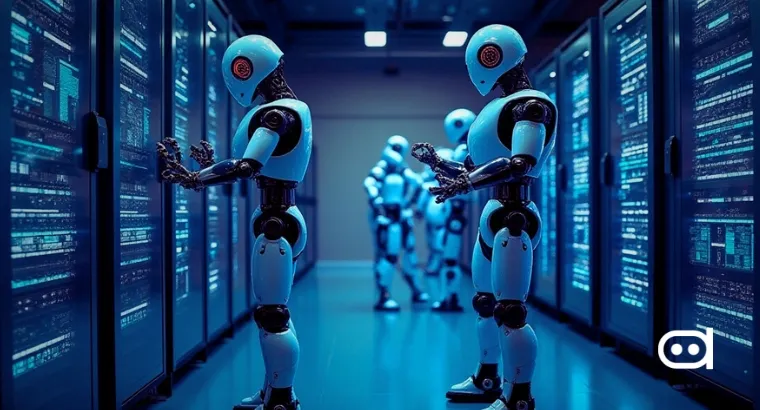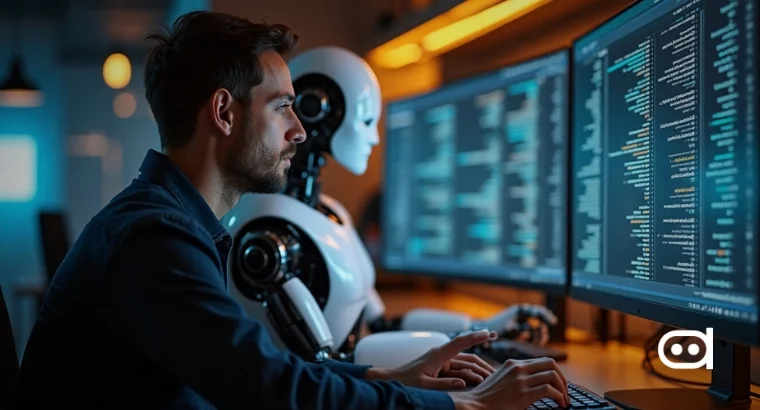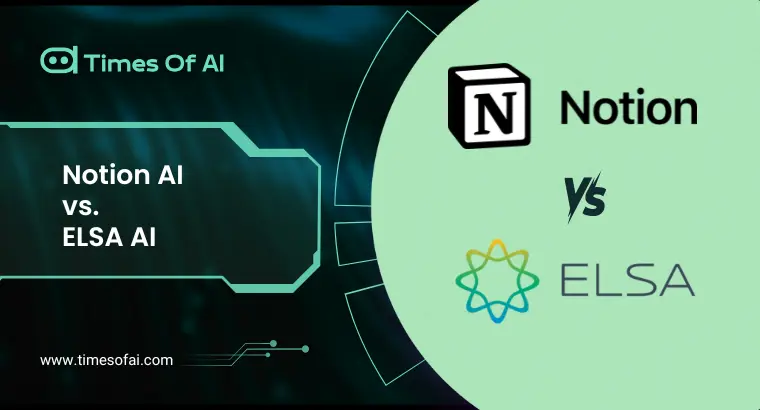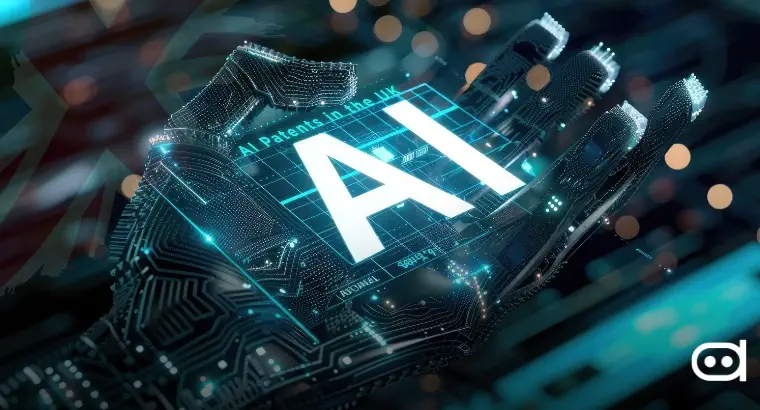
- The UK Court of Appeal recently ruled against the patenting of AI-driven inventions without a human inventor. Despite this setback, legal experts believe that obtaining patents for AI innovations is still possible under specific circumstances.
- This ruling, which has sparked significant debate in the tech and legal communities, highlights the ongoing challenge of aligning intellectual property law with rapidly advancing AI technology. However, there are still pathways available for securing patents, ensuring that AI innovations can be protected even in the wake of this legal hurdle.
A decisive judgment has been delivered by the Court of Appeal UK, which held that an AI system could not be listed as a creator in a patent application. Supporters of AI-driven innovation were dealt with a blow based on this decision because they believe that AI systems make meaningful contributions to new discoveries and should be factored into patenting. It should be noted that this court ruling focused on a situation involving DABUS, developed by Dr. Stephen Thaler, who was credited for two inventions. By not allowing DABUS to qualify as a creator, this ruling is another sign indicating the hurdles faced by AI-driven innovations within England.
This does not mean, however, that AI patents are over in the UK, according to some experts. It does not amount to an absolute bar against patenting inventions generated by AI. Instead, it highlights the necessity for thoughtful legal strategies when seeking patent protection for technologies driven by Artificial Intelligence (AI). According to lawyers, human inventors can be named alongside artificial intelligence inventors who played some role in the creation process as one possible avenue in such circumstances, even if an AI system made a significant contribution to the invention itself. Through this mechanism, firms and innovators can still obtain their patents for their AIs, albeit with certain restrictions.
Additionally, talks about changes in legislation needs due to rapid advancements have been brought up again following this decision on AI innovations. Patent laws may need adjustment as AI evolves and becomes more integral to inventing things. Some people argue that the present regime, which still requires human inventorship, is outmoded and fails, reflecting the partnership approach towards innovation nowadays, where, many times, artificial intelligence works jointly with human creators.
ReadMore:Brexit Doesn’t Exempt UK Tech Firms from EU AI Regulations
In addition, there are also broader implications of such issues from other perspectives, including intellectual property law in general. As Artificial intelligence technologies continue advancing,
future discussions will focus on what or whom can take credit for creating any technology. In terms of jurisprudence, it is possible that this UK decision will be used as an example by other jurisdictions that face the same problems and may affect patent laws worldwide.
Companies and innovators leveraging AI ought to be ready for legal complexities. While the UK Court of Appeal’s ruling poses challenges, it also presents an opportunity to reevaluate patent strategies and explore different modes of protecting AI-based inventions. Businesses should follow developments in this area while consulting intellectual property experts to protect their innovations.
Conclusion
The judgment by the Court of Appeal UK is a significant moment in the interaction between patent law and artificial intelligence. With its difficulties regarding patenting inventions enabled through AI, it demonstrates how adaptable the legal system can be and points toward future legislative changes in this space. At least at this moment, there are still some strategic considerations about AI patents. The advent of AI should continue informing discussions among attorneys concerning inventors’ rights, both human and artificial, but rightfully protected by existing legislation in place.

